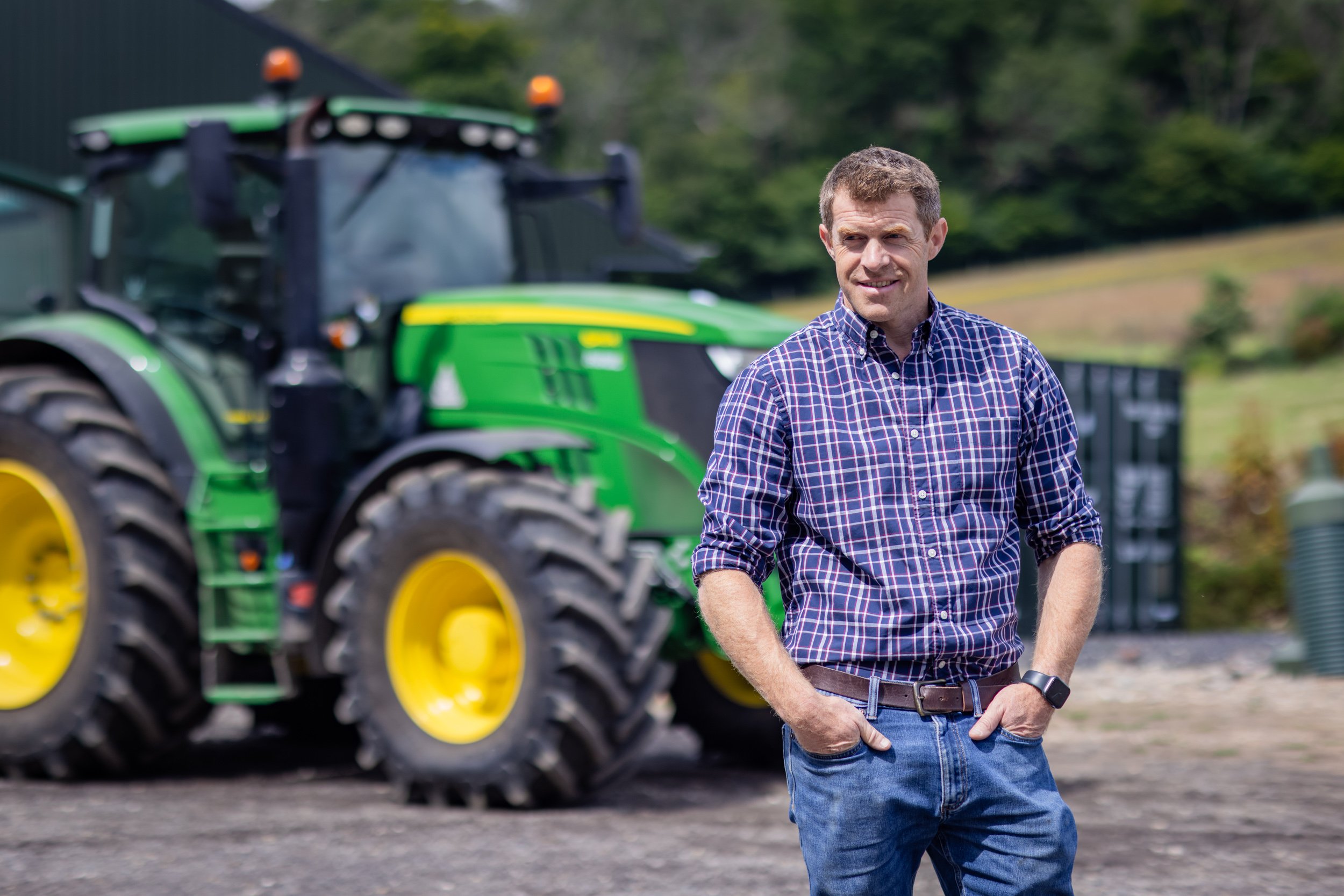September on the farm
3-MINUTE LISTEN
The harvest of one year and the drilling of the next always used to overlap – we would always be drilling oilseed rape (OSR) from mid-August while harvesting the previous year’s wheat, beans or linseed. Now there always seems to be a gap, partly as we delay OSR drilling to avoid the dreaded flea beetle pressure while still hoping the plants are big enough to survive the long winter of pigeon attacks, but also because the main harvest window is in July. This is no bad thing from a workload perspective, and harvesting during the hotter July days is always more productive. However, I do wonder if this is also part of the reason we’ve seen yields stagnate.
We finished all the OSR drilling on 9 September and, while it is all up and there have been minimal flea and slug attacks, it is still rather small. Some looks good and some average but as one of the better performing crops this year we have reduced the area of winter feed barley in the rotation and added more OSR. On 10 September the rain began: it rained for about a week on the south coast and, for once, as a farmer, I’m not complaining about the weather. We had a good window to establish OSR – it rained for about a week and now we have been drilling cereals in near-perfect conditions. We should finish the first wheat by Friday before more rain is forecast for Friday night.
So, while establishing the next year’s harvest tends to dominate the September workload, it is also time to reflect on the harvest just completed. While some early sales were at good values, the wheat and barley we had left to market are at or below our breakeven values. Our average price should still be above, but it’s a worrying reminder of the reliance our business now places on agri environment schemes that are currently unavailable for renewal. The largest farm I have a Farm Business Tenancy on has already seen a 17% rent reduction for the coming year (the rent is linked to LWX values) and I am watching with quite a nervous feeling what will replace the sustainable farming incentive.
A strong sterling against the dollar, coupled with big harvests in most of the exporting countries, has made cereal production in the UK worryingly unsustainable (in the short term) and our reliance on alternative income within the farm business is becoming a reality. This is nothing new: profitability has always seen peaks and troughs, but the lack of empathy, support and planning from our government is a real concern. I also think they significantly underestimate the impact a smaller farming sector will have on the wider economy. We have already seen one large tractor dealership (Rea Valley Tractors) go into administration on 10 September and I can’t see farmers spending much money on machinery in the short term.
From a grain marketing perspective, this has confirmed the need to spread sales over the longest period I can when there is a margin (early sales are keeping us afloat) and not being greedy waiting for a price spike that may never happen.
Need any help getting started with Hectare Trading? Contact our team today and we’ll show you how to access free market insights and post your first listings.
This article is for general information only and is not an instruction to trade. While we make every effort to ensure the accuracy of the content at the time of publication, Hectare Trading makes no guarantee regarding the data provided.

